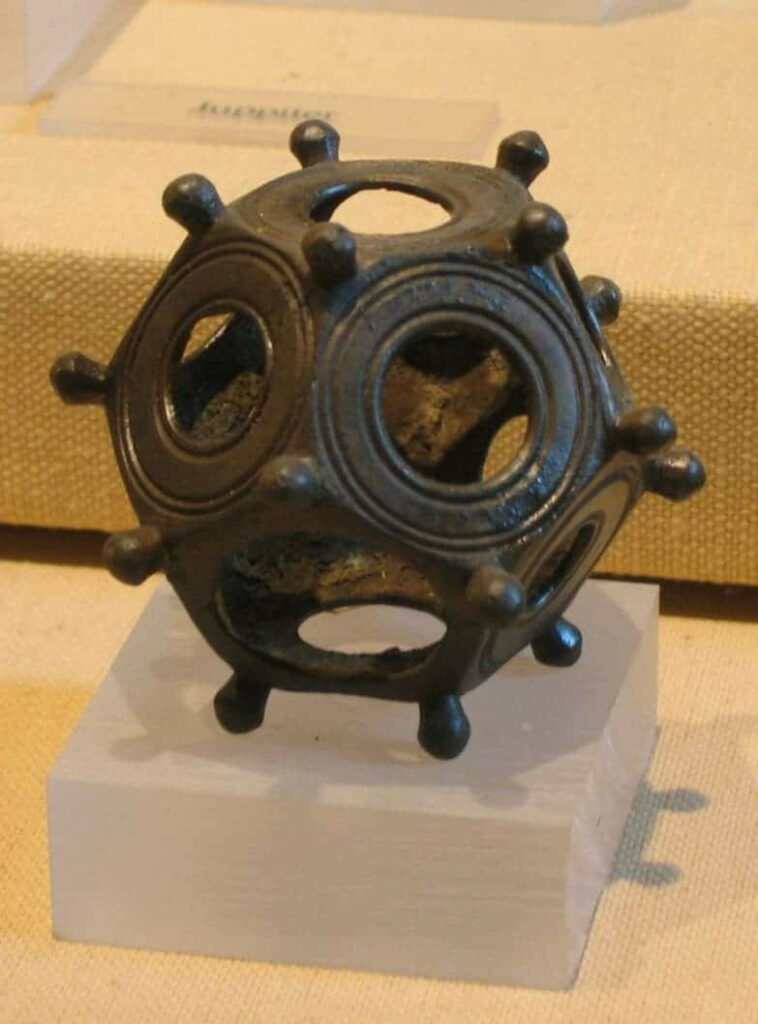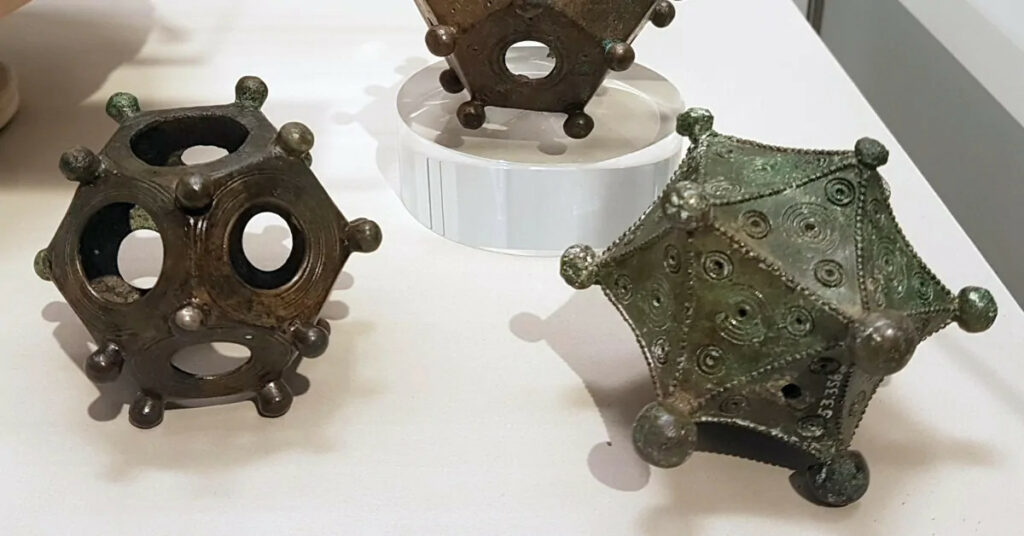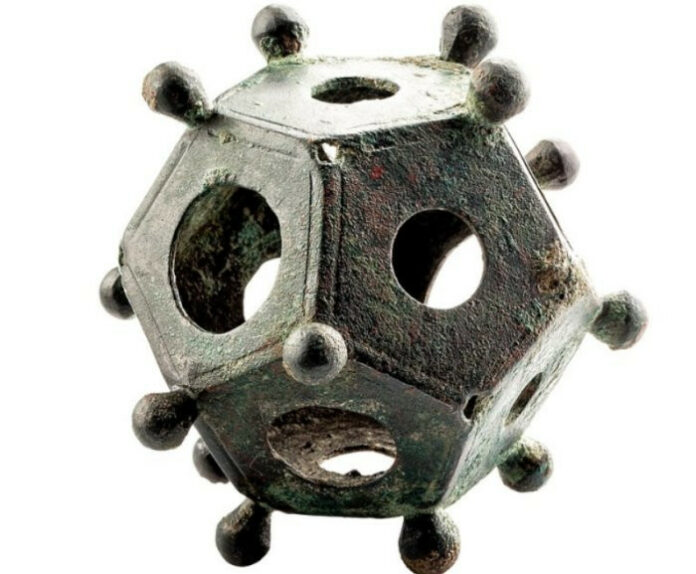A Puzzling Artifact Defying Explanation

In the annals of archaeological mysteries, few objects have puzzled experts quite like the Roman dodecahedrons. These hollow bronze polyhedrons, featuring twelve pentagonal faces with differently sized holes, have been unearthed across Europe and Asia, leaving researchers scratching their heads for centuries.
A Wide-Ranging Discovery
More than a hundred of these enigmatic objects have been found, primarily at Roman sites spanning from Great Britain to Eastern Europe. Intriguingly, similar artifacts have also been discovered in Asian countries like Thailand, Burma, and Vietnam, though with some distinct differences.
Theories Abound, Answers Elude

Despite nearly thirty documented theories, the true purpose of these dodecahedrons remains elusive. Suggestions range from surveying instruments to candle holders, from game dice to flower stands. Even ancient philosophers like Plato and Plutarch had their own interpretations, linking the objects to cosmic symbolism and zodiac signs.
A Tale of Two Continents
European Finds: Diverse and Mysterious

The European dodecahedrons, dating from the 2nd and 3rd centuries CE, have been found in an astonishing variety of locations: riverbeds, public baths, military camps, tombs, and even within filled wells. This widespread distribution has only deepened the mystery surrounding their purpose.
Asian Counterparts: Smaller but Significant

While less numerous, the Asian discoveries add another layer to the puzzle. Gold dodecahedrons found in places like Pakistan, India, and Vietnam are much smaller, often weighing less than a gram. Unlike their European cousins, these objects feature uniformly sized holes and are believed to have had symbolic rather than practical significance.
The Search for Answers Continues
Historical Silence

Adding to the intrigue is the fact that these objects are never mentioned in meticulously kept Roman records. This silence has led some to question whether the Romans truly created them, or if they were simply named “Roman” due to their discovery locations.
Modern Investigations
Today, these artifacts can be found in museums and private collections worldwide. Despite advanced research techniques, the dodecahedron’s true function remains a tantalizing mystery, continuing to captivate scholars and history enthusiasts alike.

As we uncover more about our ancient past, the Roman dodecahedrons stand as a testament to the ingenuity and complexity of ancient civilizations, reminding us that there are still many secrets left for us to unravel.

